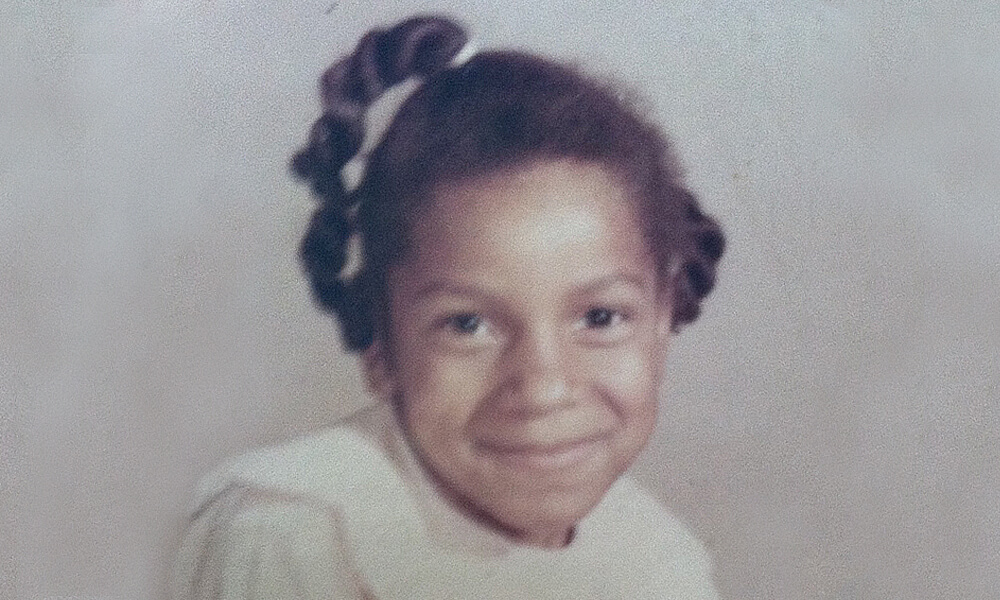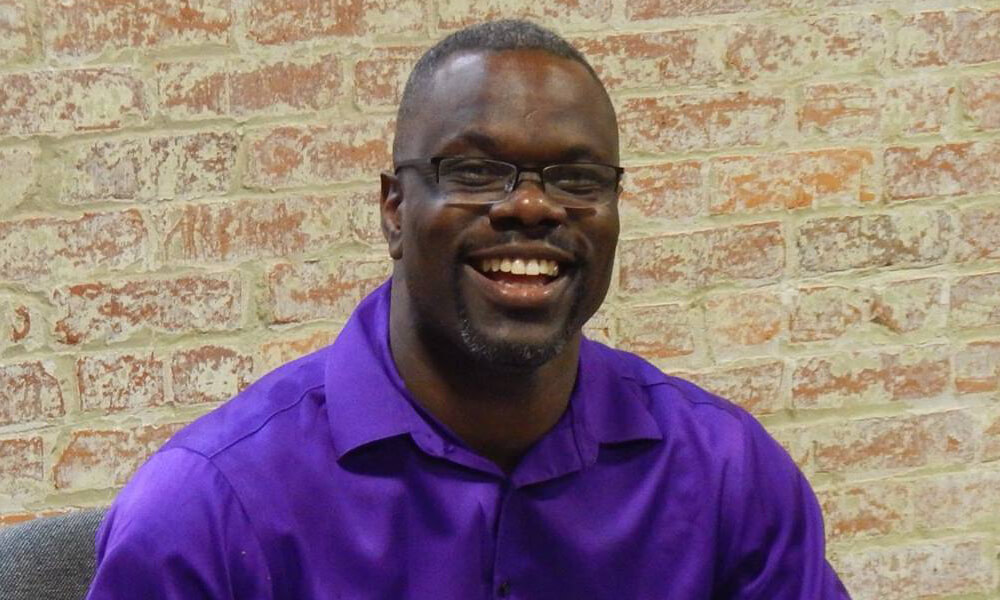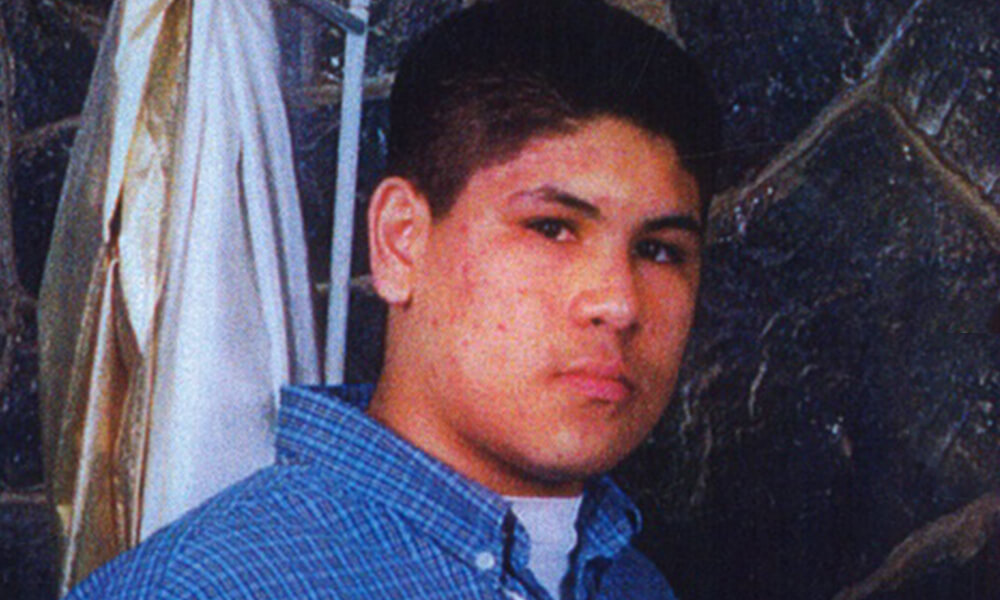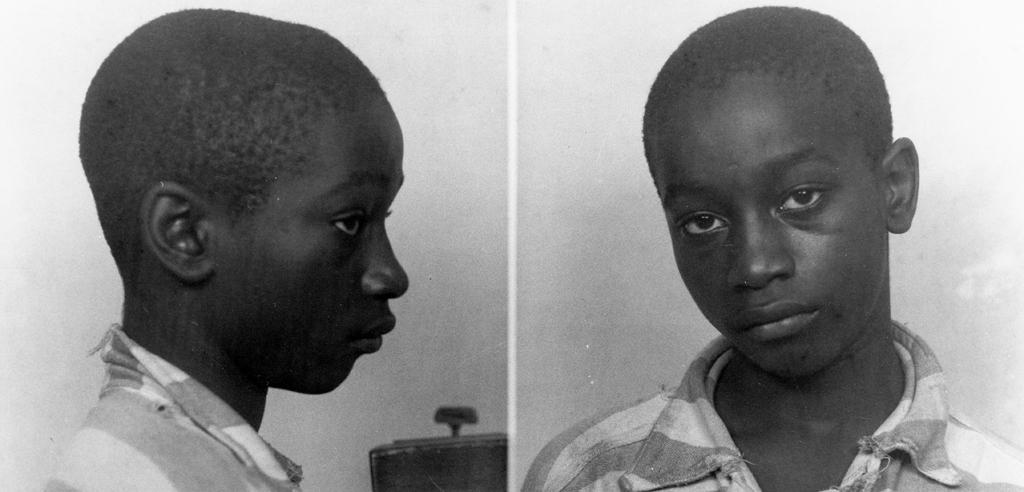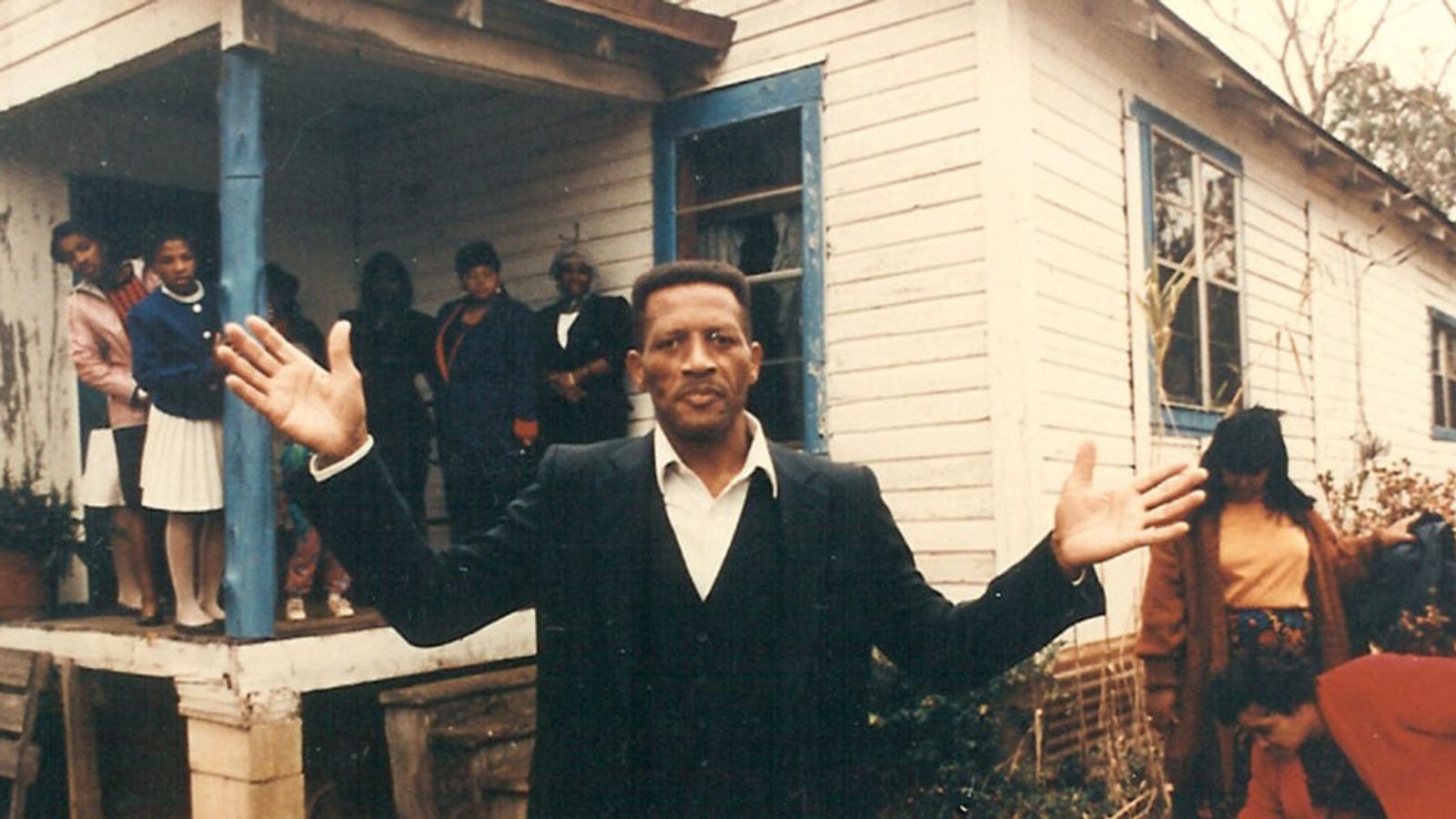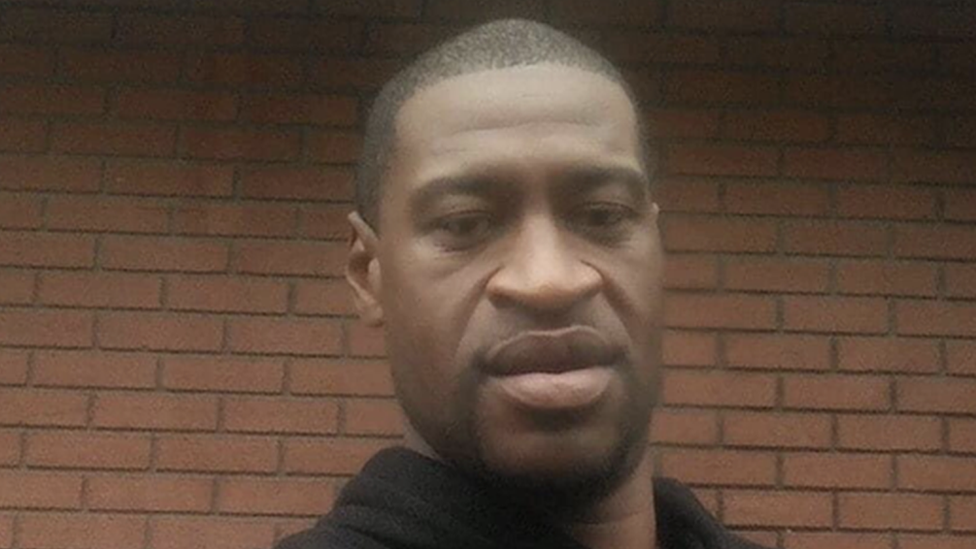Just Mercy
Welcome back readers! For my blog today I decided to do kind of a reflection on chapter eleven. I did read three chapters; however, I'm going to be focusing this post on the Walter McMillian case. I'm so excited to share my thoughts with you about what occurred during that chapter.
I briefly wanted to touch on a specific event I found quite interesting in chapter ten. Basically this chapter talks about mental illnesses and how they are rarely taken into account during a trial. Stevenson goes in on one case he had with a man, Avery, and how suffered complications mentally after an accident that was untreated. He took a bus and got into a fight with a police officer where the gun went off through the officer's stomach, killing him. He was charged with capital murder. But, I wanted to talk about Stevenson's interactions with a guard at the prison where Avery was being held. The first interaction Stevenson had with him he was aggressive and rude to him; forcing him to do a strip search. Stevenson comments on the experience, "the officer came in and gave me an unnecessarily aggressive search before mumbling I was clear(195)." When reading about this, I was shocked that an attorney was treated in such ways. When there was no rhyme or reason to act in such ways, yet people still chose to.
Stevenson ended up getting Avery the help he needed. He was sent to a mental institution where he could get the help he needed rather then being stuck in prison. When Stevenson went back to talk to Avery the same guard was there again. This time, he was kind and pleasant. I was just as surprised as Stevenson when exclaimed the second encounter. They had a heartfelt conversation where the guard talked about his childhood life where it was similar to Avery's, moving around in foster care with un-fit caretakers. He happened to be listening in court when Stevenson was fighting Avery's case. This really got me thinking. Everybody has a past, and some let it define them, while others grow from it. I think it took the guard some time but when he realized he wasn't the only one with a troubled past, he was able to break free as well. It warmed my heart to hear the guard say, "I took him to a Wendy's, and I bought him a chocolate milkshake(202)." It just proved that people really can have a change of heart. This guard changed in a matter of days. I just didn't think it really could be possible. I wish Stevenson mentioned his name because I would've put a picture for you guys to see. This small story within a story changed my perspective on some things and that's why I wanted to mention it. Precious Milkshake<3
Now I wanted to talk about the exciting breakthrough in the following chapter of the ongoing McMillian case. I'm going to start off with this because it was thrilling to read. Walter McMillian was freed from death row in chapter eleven. He was proven innocent. A great day, really. When I first looked at the title of the chapter I wondered what it could mean.. but now, I understand. The title of the chapter is I'll Fly Away and the ending words of the chapter are from McMillian exclaiming, "I feel like a bird, I feel like a bird(226)." After six years of being wrongly convicted, he was finally free and what could be more free than a bird? Reading throughout the chapter, I could feel it coming, the anticipation of finally hearing he was going to be freed was almost to much to bear. After the previous trial with the evidence, people from the state started to doubt if McMillian was guilty. So they set up another investigation and the two men working the case, flat out stated he could not have been involved. They also started getting towards who could be the actual killer which was exciting to read. Once they got their case together it took a few more months and then McMillan had another date for a re-trial. The state sided with Stevenson and the judge immediately ruled him free. Reading about him finally gaining his freedom was exhilarating after following the case of misfortune and racism. It did make me wonder what Stevenson was going to write about for the rest of the McMillian chapters because there's still a few chapters of the book left. I was thinking it could be talking about him transitioning back into normal life after the case or maybe following the same case and figuring out who the real killer is. What do you guys think?
To be honest, I've gotten way more invested in this book than I ever thought would happen with a non-fiction piece. It's made me think so much more about race, the justice system, and even more personal stories with things like how I look at people or other people look at others. I cannot wait to finish the book and update you guys on how it ends!
Works Cited
Stevenson, Bryan. Just Mercy: A Story of Justice and Redemption. New York, Spiegel & Grau, 2014.
Wendy's. www.wendysja.com/?ix=76003. Accessed 25 Mar. 2021.
